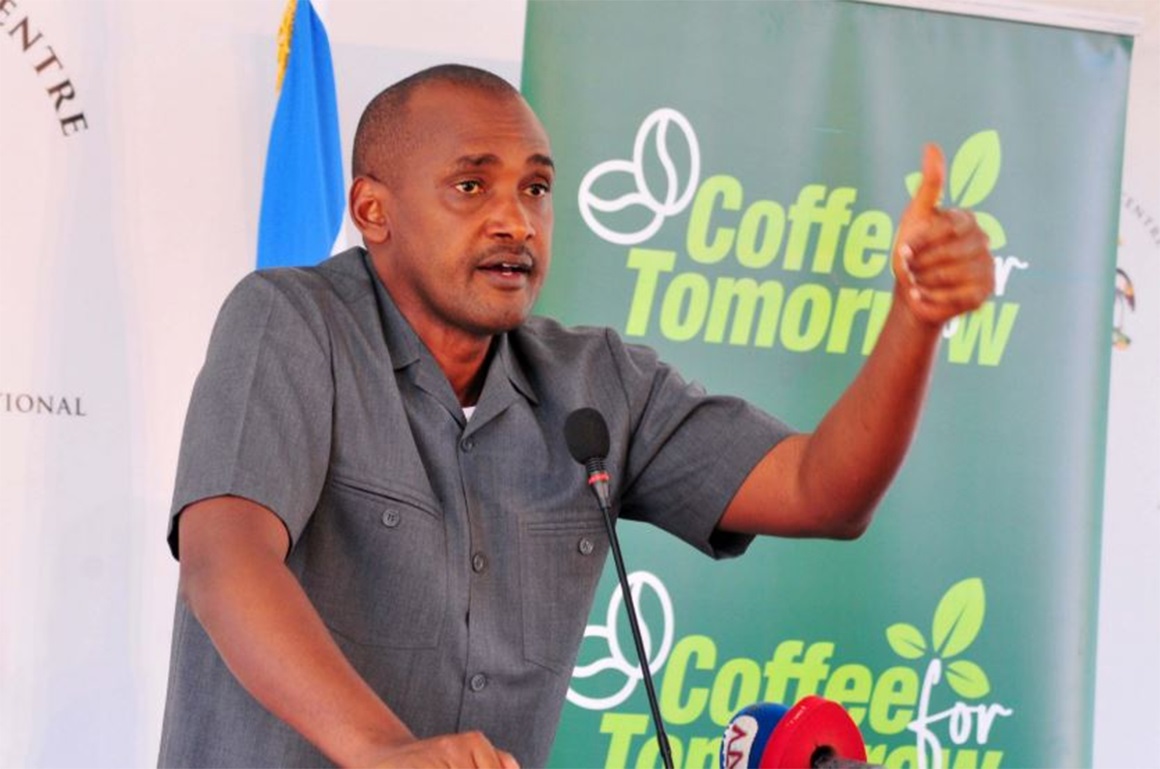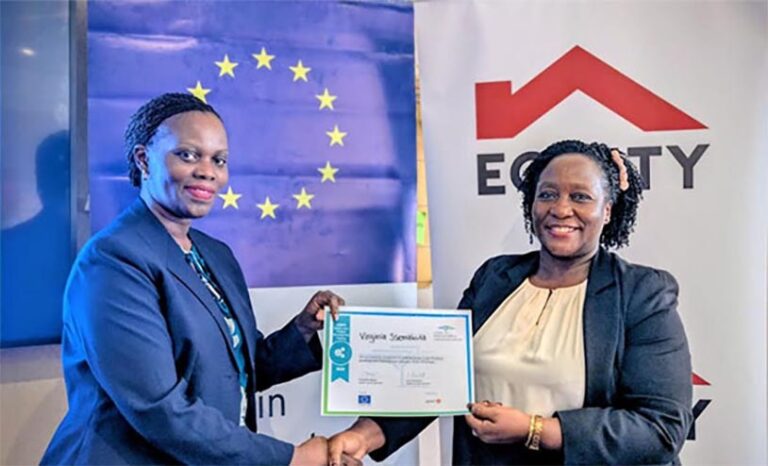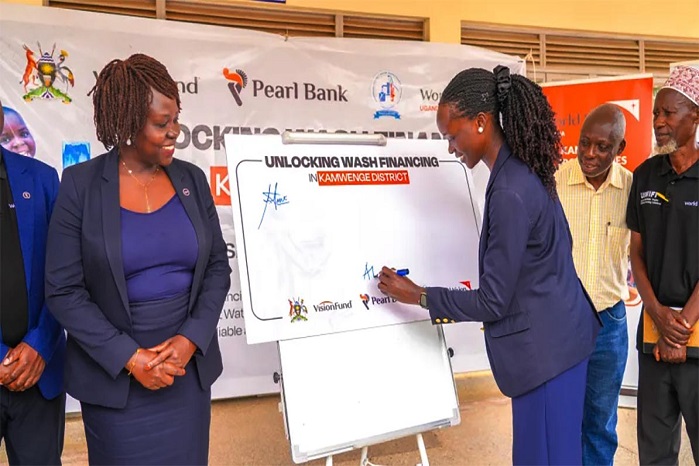
Frank Tumwebaze, Uganda’s Agriculture minister
HABARI DAILY I Kampala, Uganda I In line with the Presidential directive to increase coffee production to 20 million bags by 2030, the ministry of Agriculture, Animal Industry and Fisheries (MAAIF) has intensified efforts to give our seedlings to farmers, and bringing in funding partners to support this cause.
Uganda exported approximately 7.43 million 60kg bags of coffee in the twelve months ending May 2025, an increase from 6.08 million bags in the previous year. For the month of May 2025 alone, Uganda exported a record 793,445 60kg bags
MAAIF has joined hands with funders like the European Union to invest in the Coffee and Cocoa Development Initiative to support researchers at the National Coffee Research Institute (NaCORI) to see that new non-traditional coffee growing regions are getting varieties that are adapted to their areas.
NaCORI is conducting trials of new varieties in West Nile, the cattle corridor districts and in Southwestern, in Kabale and Kisoro, to see coffee is adapted in those areas.
Eunice Kabibi, the Assistant Commissioner, Coffee Department, MAAIF, noted that while government has put in place various policies to increase coffee production and exports, volumes alone will not guarantee market.
“We have the coffee Roadmap, Vision 2040, and the National Development Plan. We have so many targets that lead us to increasing the volumes of both coffee and cocoa. But volumes alone will not be able to achieve us the market,” she said.
Kabibi added that Uganda is in a dynamic global world and the markets have their demands, which the country must meet to ensure market is guaranteed for the increased coffee and cocoa volumes being produced.
She further said that the overall, the CoCoDev project aims to assist Uganda in increasing jobs and income through supporting production and export of coffee and cocoa.
This project has three result areas. The first one is policy and regulation where it works with Uganda National Bureau of Standards (UNBS) to review and support the establishment of coffee standards.
“The second result area of productivity focuses on research. CoCoDev is working with the National Coffee Research Institute (NaCORI) to multiply seedlings. These will be distributed to the nursery operators for upscaling, and then they will give them to the farmers,” said Kabibi.
It also deals with post-harvest handling and marketing. This result area considers post-harvest quality, value addition and improved market access.
NaCORI is multiplying K8, 9 and 10, types, which have currently limited supply, but high demand, on the market.
“We are trying to increase those three lines through NaCORI and there is support that we are giving them. At the same time, NaCORI is conducting research to adapt new coffee varieties into new non-traditional coffee areas,” said Kamenya.




